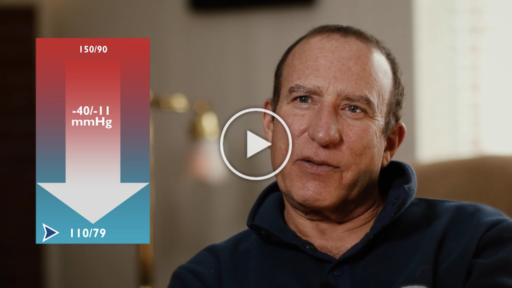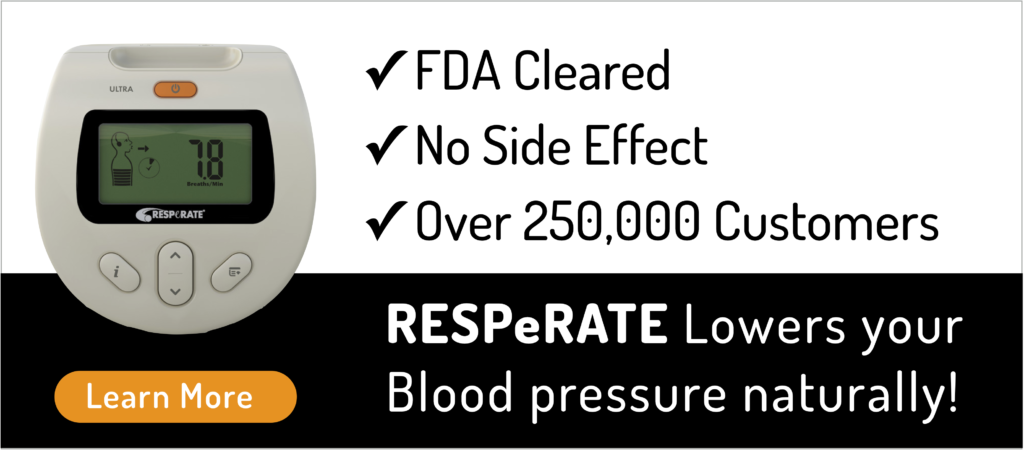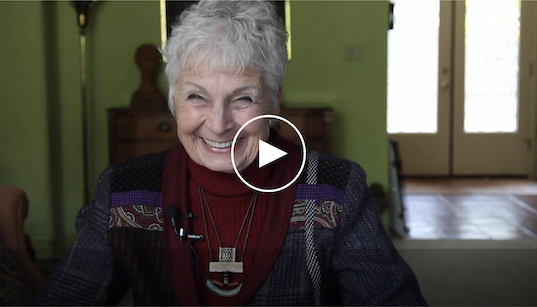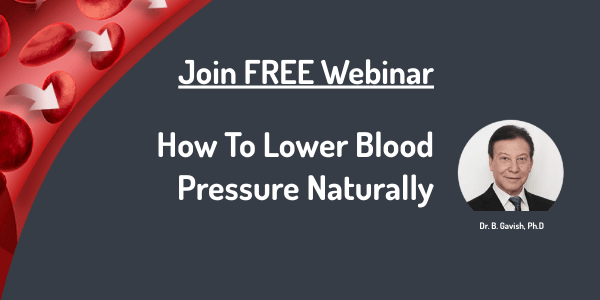Sleeping Pills and Older Adults
AChief Pharmacist in the Food and Drug Information Unit of the Pharmacy Department, Obafemi Awolowo University Teaching Hospitals Complex, Ile-Ife, Osun State, Abiodun Adigun, talks about the effects of sedative-hypnotic drugs and other related issues, such as sleeping pills in older adults.
What are sedative-hypnotic drugs and what are they used for?
Sedative-hypnotic drugs produce a calming effect and a sleep-inducing effect. They may be referred to as minor tranquillizers and anti-anxiety drugs or simply as sedatives. The term sedative describes drugs that serve to calm or relieve anxiety, while hypnotic generally initiate, maintain, or prolong sleep.
These two functions frequently overlap and are collectively referred to as sedative-hypnotic drug that is, both can have either effect, depending on the dose taken. The calming effect could occur at low doses and a sleep-inducing effect in higher doses. These drugs work by depressing the central nervous system (brain and spinal cord). They are often prescribed to adults (especially in the elderly) for conditions like anxiety, agitation and sleeping difficulty.
What are the commonly prescribed sedative-hypnotic drugs?
Commonly prescribed sedative-hypnotic drugs include benzodiazepines, for example, diazepam, bromazepam. Also, barbiturates such as phenobarbital sodium were commonly prescribed in the past. Other sedative-hypnotics that are neither benzodiazepines nor barbiturates include chloral hydrate, diphenhydramine, buspirone, zopiclone, and pyrazolopyridine.
Watch How Mark Lowered His Blood Pressure Naturally. It was 150/100, this morning it was 110/79 Watch Video
According to a consultant psychiatrist, Dr. Adesanmi Akinsulore of the Obafemi Awolowo University Teaching Hospitals, treatment with these drugs should be limited to the lowest effective dose for a short duration of time and it is very essential that the cause of sleeping difficulty be established and appropriate management for the underlying cause initiated before these drugs are considered.
Are there other drugs prescribed for insomnia, agitation and anxiety?
The newer non-benzodiazepine drugs such as zolpidem, zaleplon are also sometimes called the Z drugs are prescribed for insomnia. Haloperidol has been used widely in the treatment of acute agitation
It has the advantage of being in parenteral form. Haloperidol is, however, associated with a higher rate of extrapyramidal side effects such as drug-induced parkinsonism and acute dystonia (slow repetitive movement and posture) compared to olanzapine and risperidone (atypical antipsychotics) which can also be used in the management of agitation. Selective serotonin reuptake inhibitors such as fluoxetine could be used in the treatment of anxiety disorder. Also, pregabalin which is an anticonvulsant can be used for the treatment of generalized anxiety disorder.
Are sedative-hypnotic drugs a good choice for older people with insomnia, agitation, and anxiety?
Older people may be at increased risk of daytime fatigue and cognitive impairments following the use of sedative-hypnotic drugs where risks generally outweigh potential benefits. Older adults should not use benzodiazepines to treat insomnia unless other treatment options have failed to be effective. It is also recommended that the ‘Z’ drugs should not be prescribed for long-term use because of side effects.
For the elderly that need good sleep, are there non-drug alternatives for them?
Yes, studies have shown that the best treatment strategies for insomnia include behavioral modifications. Basic counselling about improving and maintaining good sleep includes exercising regularly, avoiding caffeinated beverages after lunch, avoiding daytime naps longer than 30 minutes or late in the evening, maintaining a regular sleeping and awakening time, avoiding heavy meals before going to bed, avoiding smoking particularly in the evening and reducing light as well as noise in the bedroom.
What non-drug alternatives help prevent or soothe anxiety?
A number of activities such as a regular exercise, meditating or taking deep breaths. The intake of calcium, magnesium and B complex has been reported to help the normal functioning of the nervous system. Natural medicine has also been used as an alternative treatment of anxiety. Also, working with a mental health professional, such as a psychiatrist, clinical psychologist, to understand the cause of anxiety disorder is beneficial.
If one takes an overdose of sedative, what will be the effect?
At high doses, these drugs are capable of producing a deep unconsciousness that makes them useful as general anesthetics. However, they could cause vomiting, slurred speech, staggering movement, poor judgment, and slow, irregular reflexes, depress the respiratory systems to the point of coma, respiratory failure, shock, and death. Additionally, the prolonged use of barbiturates for the relief of insomnia leads to tolerance, in which the user requires amounts of the drug much in excess of the initial therapeutic dose.
Can sedatives be bought over-the-counter or without doctor’s prescription?
Some sedatives can actually be bought over-the-counter. Many of these contain a sedating antihistamine such as diphenhydramine, doxylamine or Phenergan. Some may contain pain relievers such as ibuprofen and acetaminophen in combination with the anti-histamine. Melatonin due to its hypnotic properties is available on prescription in many countries and is over-the-counter in others.
Chronic insomnia may warrant the use of sedative/hypnotics medications; however, it is important that a physician perform a complete diagnostic evaluation as well as take history of medication and substance abuse so as to determine the etiology as well as appropriate management.










 Download Brochure
Download Brochure